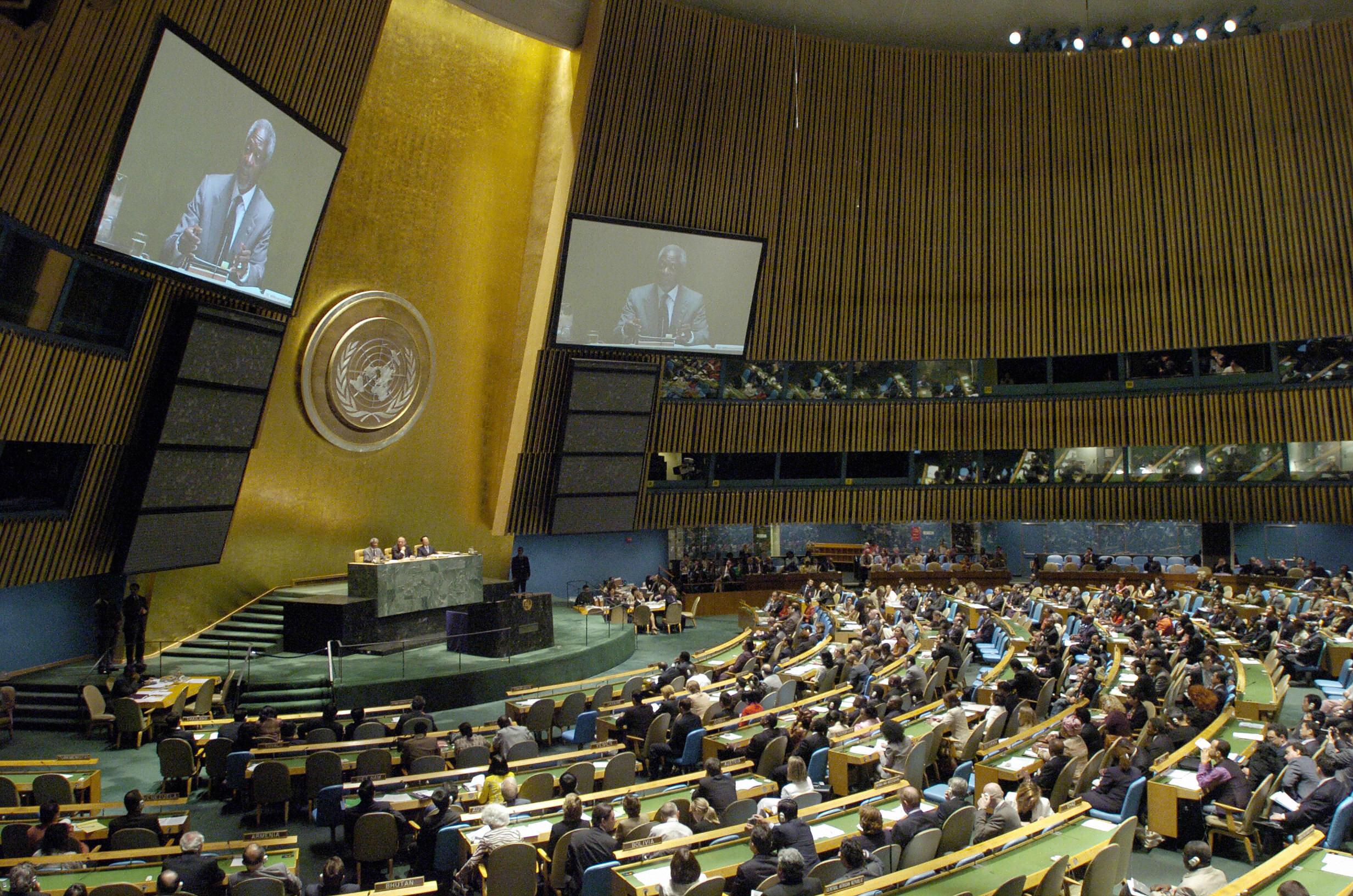Reuters reports that the U.S. government is considering the dramatic step of denying a visa to Hamid Abutalebi, Iran’s proposed ambassador to the United Nations, who is suspected of having participated in the taking of hostages at the U.S. embassy in Tehran in 1979:
Two U.S. officials familiar with the matter said the ban could be announced soon and was being debated by top Obama administration policymakers. The officials asked not to be identified because they are not authorized to comment publicly.
A third U.S. official said Iran may have chosen Abutalebi as an “intentional provocation” given sensitivities over the hostage crisis, a defining moment in U.S.-Iranian relations that led the United States to cut diplomatic relations with Iran.
Abutelabi was a member of the militant student group that carried out the embassy siege, but has downplayed his role, saying he merely acted as a translator for the militants.
“Intentional provocation” sounds about right, but it’s hard to imagine that this would be legal. The 1947 basing agreement between the U.S. and the United Nations stipulates that “the federal, state or local authorities of the United States shall not impose any impediments to transit to or from the headquarters district of representatives of Members or officials of the United Nations.” This is why leaders like Fidel Castro, Mahmoud Ahmadinejad, Robert Mugabe, and Muammar al-Qaddafi—who would not normally be welcomed in the United States—have been able to attend the U.N. assembly.
The U.S. has denied visas to lower-ranking Iranian officials hoping to attend the assembly, and last year left a visa request by Sudanese President Omar al-Bashir—under indictment by the International Criminal Court—unprocessed until he called off his plans to travel to New York. But denying a visa to an ambassador would be more dramatic.
Over at the international law blog Opinion Juris, Julian Ku writes that if Abutalebi’s visa is denied, “the U.N. would be well within its rights to claim a violation of the Headquarters Agreement and to demand an arbitration that it would have a good chance of winning.”
Just one of the downsides of having the U.N. based in a country that’s almost never a neutral party in international conflicts.
